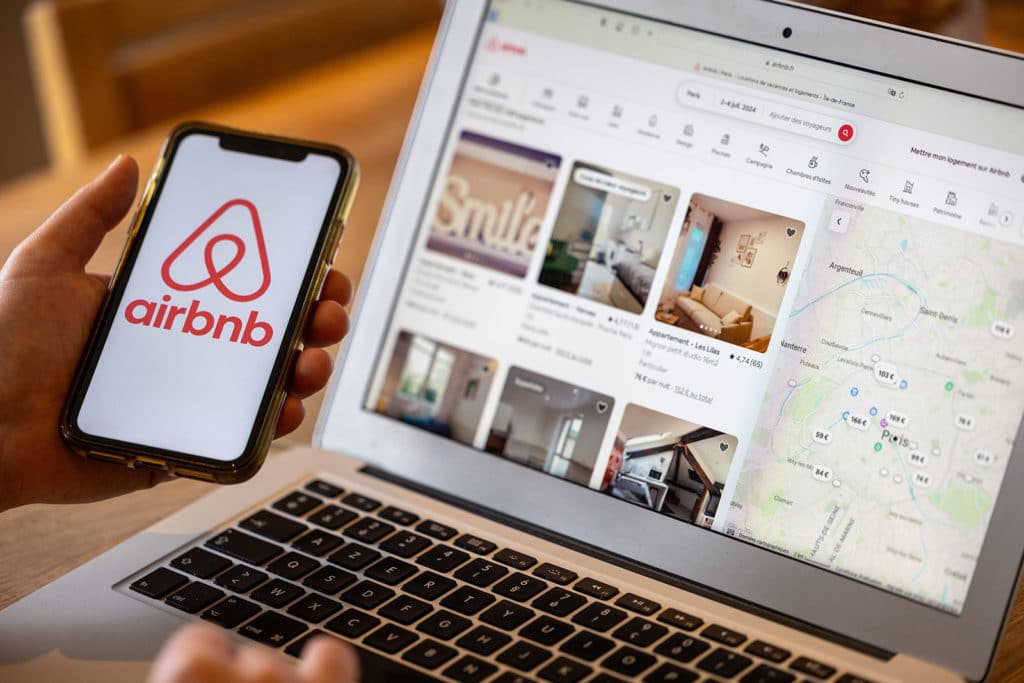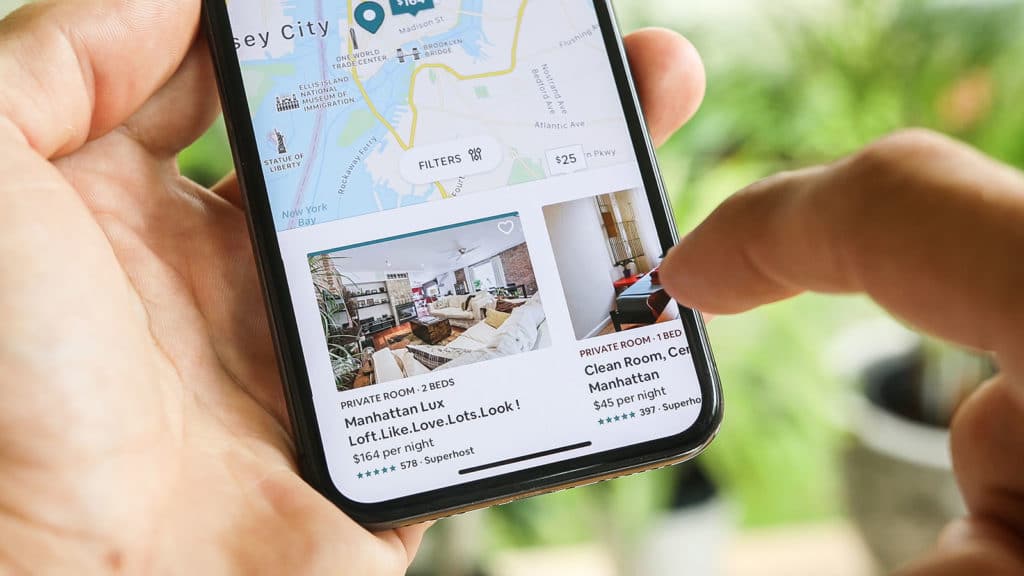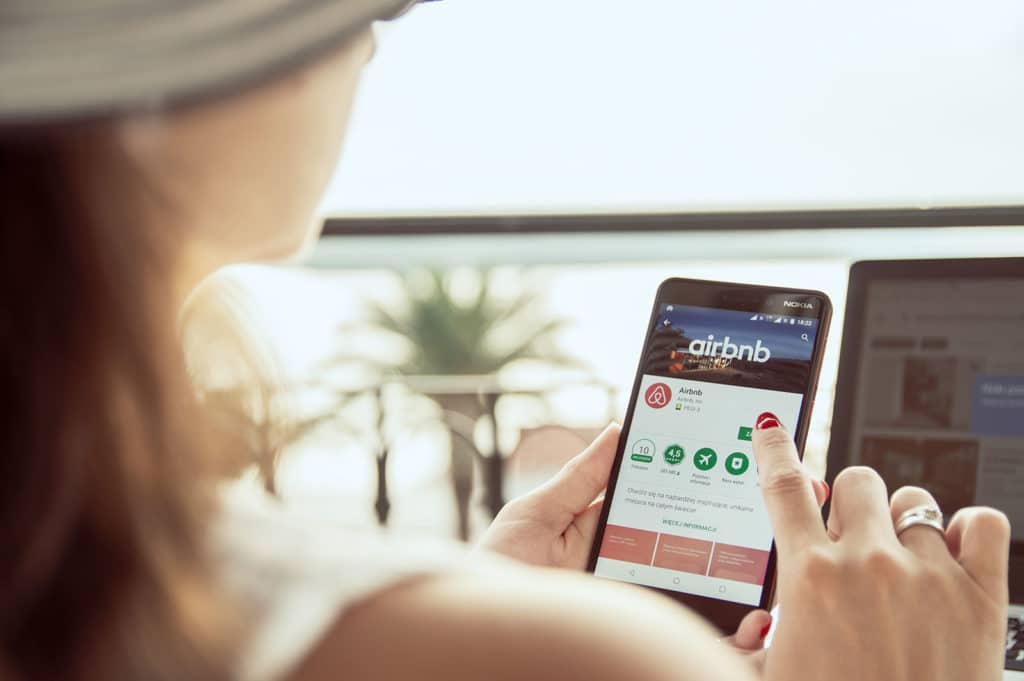More people are opting for Airbnb compared to traditional hotel stays because they love the flexibility and availability of different accommodation options.
But how can you make your listing more visible in search results? With more than 150 million users, getting your property noticed on Airbnb can be a little bit challenging.

This is where Airbnb SEO can help you. Learn how it works to increase the views and reservations made to your listing in this article.
What is Airbnb SEO?
Airbnb SEO or search engine optimization can enhance your listing’s visibility, making it more noticeable on the Airbnb marketplace. It works in the same way SEO works for search engines like Google.
The key to improving your Airbnb’s visibility is to ensure your listing complies with the search engine’s algorithms. By sticking to the rules, you’ll make your property appear in more results when people search for available accommodation. At the same time, it will appear higher in relevant search results.
Improving your Airbnb SEO doesn’t work overnight. You’ll need to follow specific tips and tricks for a few weeks, and you might notice the results within weeks to months.
How Does Airbnb SEO Work?
Airbnb’s search algorithm analyzes numerous ranking factors to generate its search results. These include the quality of the listing photos, amenities, competitive pricing, and booking frequency.
Moreover, it’s crucial to know that Airbnb clients will pay attention to your ratings and reviews, so you should ensure that you qualify as an excellent host to receive more bookings.
With the proper Airbnb SEO practices, more potential guests can view your listing, either because it’s relevant to more searches or appears higher in search rankings.
There is no one fool-proof method to make your property listing more visible or popular on Airbnb. Instead, you should implement several tactics and strategies to help increase your listing’s popularity.

How to Improve Your Airbnb SEO
You don’t have to be an SEO expert to improve your Airbnb SEO performance. Here are ten easy yet potent tips to follow.
1. Think Like Your Guests
The easiest yet often most ignored part of making your property more appealing is to think like your potential guests. Who is your ideal customer, and what is the kind of guest experience they’re after?
By answering these questions, you’ll be able to come up with the right search criteria they type in the search bar and explain why your place is the temporary accommodation they’re looking for.
Explaining the kind of experience depending on your listing’s location can make your listing appear in more searches. For example, if your location is close to the beach, make sure that your listing’s title explains that this is close to the best beach experience in the area.
If it’s close to the shopping center, include nearby shopping areas and transportation routes to appeal to those who want to explore the neighborhood.
2. Improve your Booking Options
Instant booking is one of the most appealing features on the platform. It allows potential guests to book your property listing instantly, securing their stay with no questions asked or sending a request to the host for approval.
The ability to instantly book a listing offers many advantages to the host and the guest. They can make use of this option when they don’t have access to a stable internet connection or when they’re in a hurry. As a result, it’s better than waiting to be approved by a host.
Yet, before you utilize the “Instant Book” feature, you should be aware that it comes with some cons. For example, some guests don’t read the listing details thoroughly. This might lead to higher cancellation rates, but you can overcome this problem by specifying your house rules and asking for guest verification.
If you don’t have this option utilized, you’ll have to do more work, but it’s worth it. Updating your booking calendar should be a priority.
Your listing will become more visible and desirable when many clients report that you’re a trustworthy host. So, manually update your calendar to prevent overlapping bookings.

3. Search for Relevant Keywords
Just like Google SEO, you should find relevant keywords to include in your listing title and description. Finding these keywords and smartly inserting them in your content will improve your Airbnb SEO, making your listing more visible.
Ideally, you should make a list of all the relevant keywords and phrases that better describe your property and the experience you offer. Luckily, several tools can help you with this process by identifying important keywords and highlighting their competitiveness and relevance to your listing.
You can use SEMrush, Google Ads, KWfinder, and Ahrefs to generate long-tail keywords after adding some local descriptions to make them more relevant to the search algorithm.
4. Be Natural
Avoid sounding too salesy in your listing because potential guests won’t trust your content. Ensure your content is as natural as possible to inspire people to book your property.
You can check competitors’ listings to see how they successfully describe them. Be genuine and highlight the selling points that make your accommodation unique without stuffing your content with unnecessary keywords. Check the community forums to see how other hosts improve their listings’ SEO to get inspired.
5. List the Details
A one-sentence description won’t help your SEO. Instead, make sure that you dive into the details while describing your property to make it more appealing.
The quality of the photos plays a crucial role in affecting your booking rates. You can find online tips to take professional photos of your property. Properties with virtual tours will also receive more bookings because they increase the guests’ trust.
Ensure you include a photo of every room, showing all the corners. You should also check all the available amenities to make your listing more appealing.

6. Set your Minimum Stay
Think of your needs and list the minimum nightly stay you can handle. Your property will appear in more search results with a lower minimum nightly stay.
Many potential guests are looking for a one-night stay when visiting town for a special event. Property owners who require a minimum stay of two or three nights will typically receive fewer reservations.
7. Respond Faster
An owner or host with a higher response rate will ideally receive more bookings. Potential guests might need to ask a few questions before making up their minds. While you might check your messages every few days, another host might be responding instantly, answering all their queries and ensuring that their needs will be met.
Having the Airbnb app notification activated on your phone is an excellent way to respond on time. It shows your potential guests that you’re a good host they can trust because you care about them. Most hosts respond within a few hours, so check your messages at least twice a day.
Even if they don’t book your property, they’ll always have it at the back of their heads as a potential option for a future stay. They might even recommend it to others.
8. Improve your Reviews
Statistics show that almost 99.9% of consumers check online reviews, so it goes without saying that having negative reviews on your listing won’t help improve your placement in search results.
You can have more positive reviews by ensuring your photos and detailed descriptions accurately describe your listing. Other factors include the ease of the check-in process, fast response time, on-point cleanliness, and providing good value for money.
But even if you get everything right, some of your guests might not be satisfied with their stay. The best way to deal with a negative review is to directly talk to your guest and discuss why they rated your property negatively. They might not be aware of how online reviews affect your business and money-making opportunities.
However, they might have had a bad experience, so you can offer a discount on their future stay. You should also write a response to every review you receive, even the negative ones. Your guest might not be interested in a second stay, so a public apology might convince them to change their mind.
9. Work on Your Pricing
With a lot of competition on Airbnb and similar websites, it’s crucial to ensure the price you set for your property reflects its real value. A high price will probably push your potential guests to look elsewhere. Even if some eventually book your property, they might expect an extraordinary experience and end up disappointed.
This doesn’t mean that you should set your price too low. It might make your listing more appealing, but you’ll have a lower profit margin. So, offer price variations during holidays and special events for a higher profit while staying competitive.

10. Improve your Booking Rate Percentage
The booking rate percentage refers to the number of actual bookings versus the number of views of your listing. Airbnb aims at redirecting potential guests to properties they will most likely approve and book. Ideally, a property with a higher booking rate percentage will be more desirable and rank higher in search results.
So, if you don’t have higher occupancy rates, you should work on improving the overall experience you offer. Make sure that you pay attention to all the factors listed earlier to eventually become one of the superhosts on Airbnb.
Wrap Up
Airbnb SEO works in a way similar to Google SEO. Having an appealing property isn’t enough, as you should work on improving your ranking visibility in search results.
Several tips and tricks can help your listing become more visible, from taking professional photos to searching for relevant keywords that potential guests will use when looking for their future temporary home. Working on your Airbnb SEO strategies is a guaranteed way to increase your profit margin by guaranteeing that your property stays booked.
Published on: 2024-01-10
Updated on: 2024-01-27